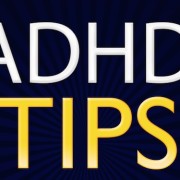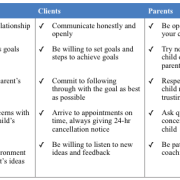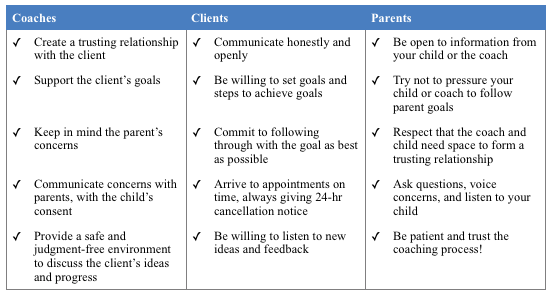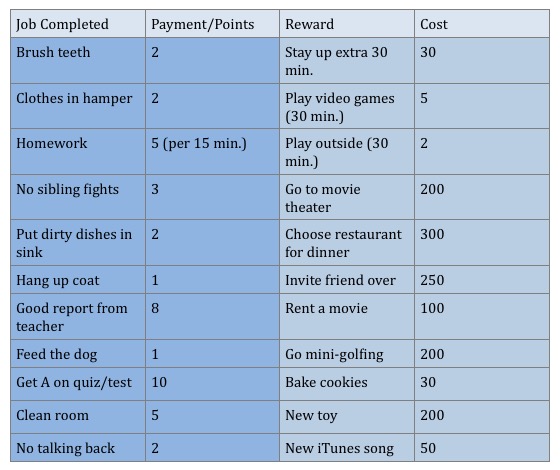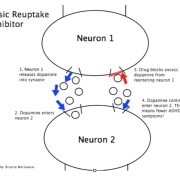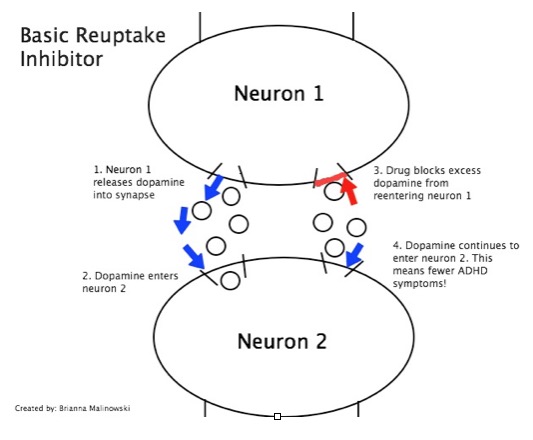Dogs to Help Children With ADHD
When animals are involved in therapy, children may experience increased emotion and attention that allows them to participate more fully in the therapy process. Having the opportunity to interact with a fun dog can increase a child’s compliance to therapy, improve the child’s relationship to the therapist, and help to maintain motivation. Compliance, a therapeutic relationship, and motivation are often noted as key elements of successful therapy.
Dogs have been recognized in the therapeutic process for many other disorders in order to facilitate social learning and empathy. Since children with ADHD may struggle with social cues, including dogs in therapy may be beneficial. In fact, recent research discovered that one group of children with ADHD who used trained therapy dogs in their therapy experienced greater reduction in their ADHD symptoms than those children who did not have dogs in therapy. The dogs in this study were noted to serve as prompts for the children to pay attention and stay in the present moment. Remaining in the present moment improves performance on tasks and trains attention skills. It may just be that animals reduce stress for many people, allowing children to be more relaxed and, therefore, mentally prepared for therapy.
Contact Dr. Gordon for help with your ADHD. We have treatment and solutions available online, by phone, and in our offices.
written by: Brianna Malinowski, Jay Gordon, Ph.D
Schuck, S., Emmerson, N., Fine, A., & Lakes, K. (2013). Canine-assisted therapy for children with ADHD: Preliminary findings from the positive assertive cooperative kids study. Journal of Attention Disorders, 20(10), 1-13. doi: 10.1177/1087054713502080
Picture retrieved from: http://www.business-opportunities.biz/2014/07/31/pet-therapy-for-kids/


